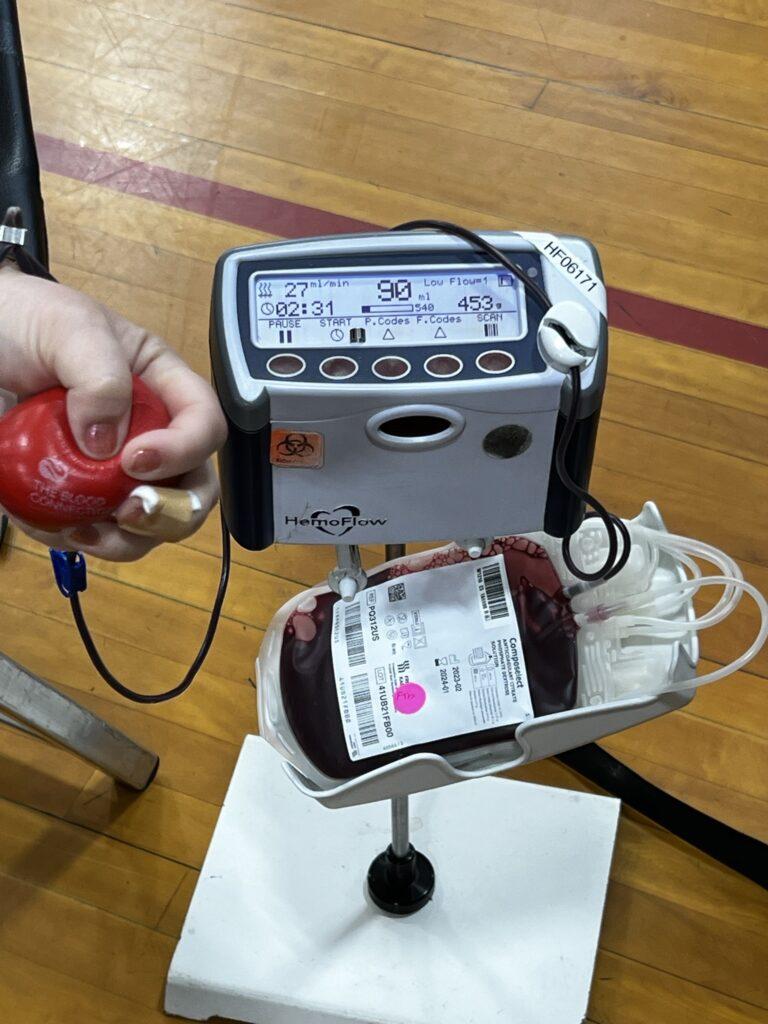In a typical school year, AP students study hard in their courses to prepare themselves for their exams in May. However, the 2019-2020 school year was anything but typical. At West, students either take their AP exams in the school library or at the nearby church. This year, for the first time, all spring AP exams across the United States were taken at home.
In March, when many schools were shutting down, neither teachers nor students were sure of how or when the exams would take place. Later, we learned that AP students would still be taking the exams, but most would be using their own computers at home.
“I felt less pressured taking the test at home, rather than in a school setting. Considering that this [AP United States History] was my first ever AP exam, I’m not upset about it. I didn’t love that it was only the writing portion of the exam, just because writing under pressure isn’t really my forte. I felt confident about my score, and I’m glad that we were still able to take the exams this year,” junior Emma Zaborowski said.
For some students, the opportunity of taking the exams online was beneficial, but for others, it was stressing and damaging to their scores. The majority of students were able to submit their exams when they finished, but a glitch with College Board prohibited many students from being able to turn in their work, which led to the affected students having to retake their exams in late June. College Board issued a statement arguing that less than 1% of test-takers had issues submitting, while students argued that a larger percentage of their classmates had to retake the exams.
“Even if only 1% of test-takers could not transmit their answers because the College Board’s technology was not ready for prime time, at least 20,000 students were affected,” said Bob Schaeffer, the interim executive director for the The National Center for Fair and Open Testing.
Many students were happy that the tests moved to online, but some found that finding a quiet place to complete their exams was a struggle. While many found it advantageous to be able to take their exams in a familiar and comfortable environment, such as their bedroom or at their kitchen counter, some found it a difficult endeavor to take their test with distracting surroundings. Whether it be noisy siblings, barking dogs, a messy surface or the fear of a lost internet connection, several students found their focus to be drifting. Living in a rural area of North Carolina, there is a good chance that the majority of that 1% happened in areas without the benefit of stable broadband internet access. While the 1% might be representative of the entire United States, was there an unfair disadvantage to students outside of metropolitan areas?
Many felt that their scores were affected by the online presentation, where they couldn’t use the skills that have been taught to them by their teachers, such as annotating documents and being able to physically manipulate the text. Whereas students are usually able to write directly on their tests, the luxury of being able to mark up documents and problems was quickly taken away with the transition to online testing.
Now that scores from all of the May AP exams have been revealed across North Carolina, numerous students feel that the grading was tougher this year and that their results do not accurately reflect their hard work in their AP classes. Some also believe that there was variation in the level of difficulty between the test versions.
“It seemed like a lot of people got easier questions than I did, and I had really difficult questions, which was really unfair,” senior Csenge Balazs said. “I did very well in my AP Calculus class all year, but when exam time came, I felt like the whole system was working to my disadvantage.”
By: Allison Caskey, Feature Writer







